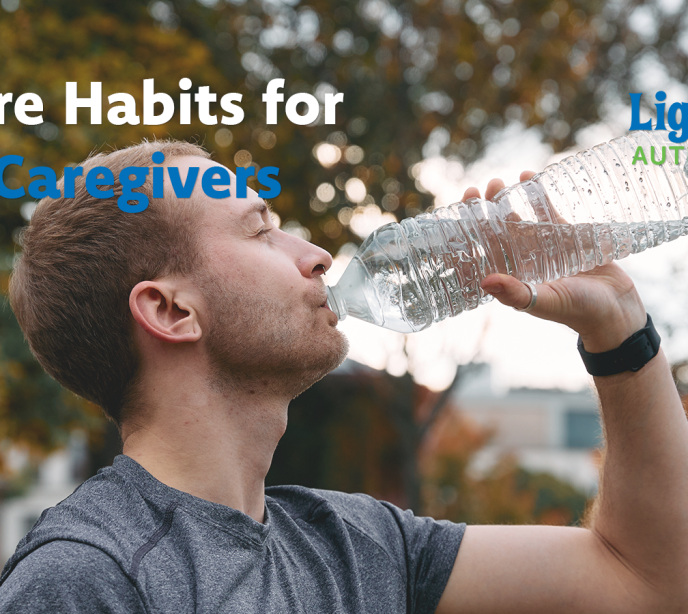Autism Insurance? There’s Now An App For That
In response to widespread confusion over autism and insurance coverage, Autism Speaks is introducing a new interactive web tool to help families determine whether they should be entitled to coverage through their specific health plan.
Called the Autism Speaks Insurance Link, the new tool leads families through a short series of questions to determine whether their policy covers common autism treatments, such as applied behavior analysis (ABA), and physical, speech and occupational therapy. The application was developed over a period of months and addresses the multiple forms of insurance coverage available to the autism community.
“Understanding basic insurance coverage does not lend itself to simple ‘yes’ or ‘no’ answers. Throw in coverage for autism benefits and the picture grows more confused,” said Lorri Unumb, Autism Speaks executive vice president for state government affairs.
“Families in the autism community have long asked us to help lead them out of this maze,” she said. “We believe the Autism Speaks Insurance Link will help answer many questions for our families.”
Log on to the Insurance Link here
Until recently, such benefits have been largely unavailable through any health insurance coverage because insurers deemed autism a diagnostic exclusion and denied coverage for ABA and other therapies.
Due in large part to the efforts of the Autism Speaks’ Advocacy Team, 34 states and the District of Columbia now have laws on the books requiring coverage of ABA and other autism benefits in state-regulated health plans. These include some combination of individual and fully funded small group (fewer than 50 employees), large group and state employee health plans.
In addition, Autism Speaks has helped fight for changes in Congress to TRICARE, the health care plan for the military, and with the Office of Personnel Management for changes to the Federal Employees Health Benefits program.
But self-funded “ERISA” health plans, typically offered by larger employees, are governed by federal law and are not required to offer any autism-related coverage. Autism Speaks has worked with many large employers to voluntarily offer autism benefits, but there is no legal requirement.
In addition, some state laws set dollar or age caps on benefits, and military families and federal civilian employees face significant gaps in their coverage.
The Autism Speaks Insurance Link helps families sort through the various types of insurance, restrictions and caps to determine if they are entitled to benefits. lf entitled to coverage, the tool will provide details of the coverage required by state law along with resources to assist in claims reimbursement.
If coverage is not available, such as under an ERISA plan, the Insurance Link will equip families with tools to effectively advocate for the addition of a meaningful benefit.
The new Insurance Link follows the release of our web resources for the Affordable Care Act and Autism.
For the original article see Autism Speaks website at the link below.
Together, we can unlock your child’s potential
Related News

01/15/2026
10 Simple Self-Care Habits for Autism Caregivers
Caring for a child with autism is rewarding, but can also be demanding in ways that aren’t always visible. Between daily routines, therapy schedules, advocacy, and emotional labor, many caregivers find themselves running on empty, even as they continue to show up for their child every day. Earlier this year, we explored this reality in our blog post, The Power of Pause: Why Caregiver Self-Care […]

01/05/2026
The Power of Pause: Why Caregiver Self-Care Matters
As a new year begins, many families naturally reflect on what they hope the months ahead will bring—more peace, more balance, more support. At Lighthouse Autism Center, we’ll be taking a deeper look at the importance of self-care throughout the month of January, offering resources and encouragement to help caregivers start the year feeling supported and grounded. But […]

11/18/2025
Tips for Picky Eaters and Introducing New Foods
Autistic children are often labeled as picky eaters, but the truth is that they face a unique set of challenges that can make mealtimes extremely stressful. Discover helpful tips on introducing new foods into your child’s diet to make mealtimes more nutritional and enjoyable for everyone at the table. Autism and Food: Tips for Introducing […]


